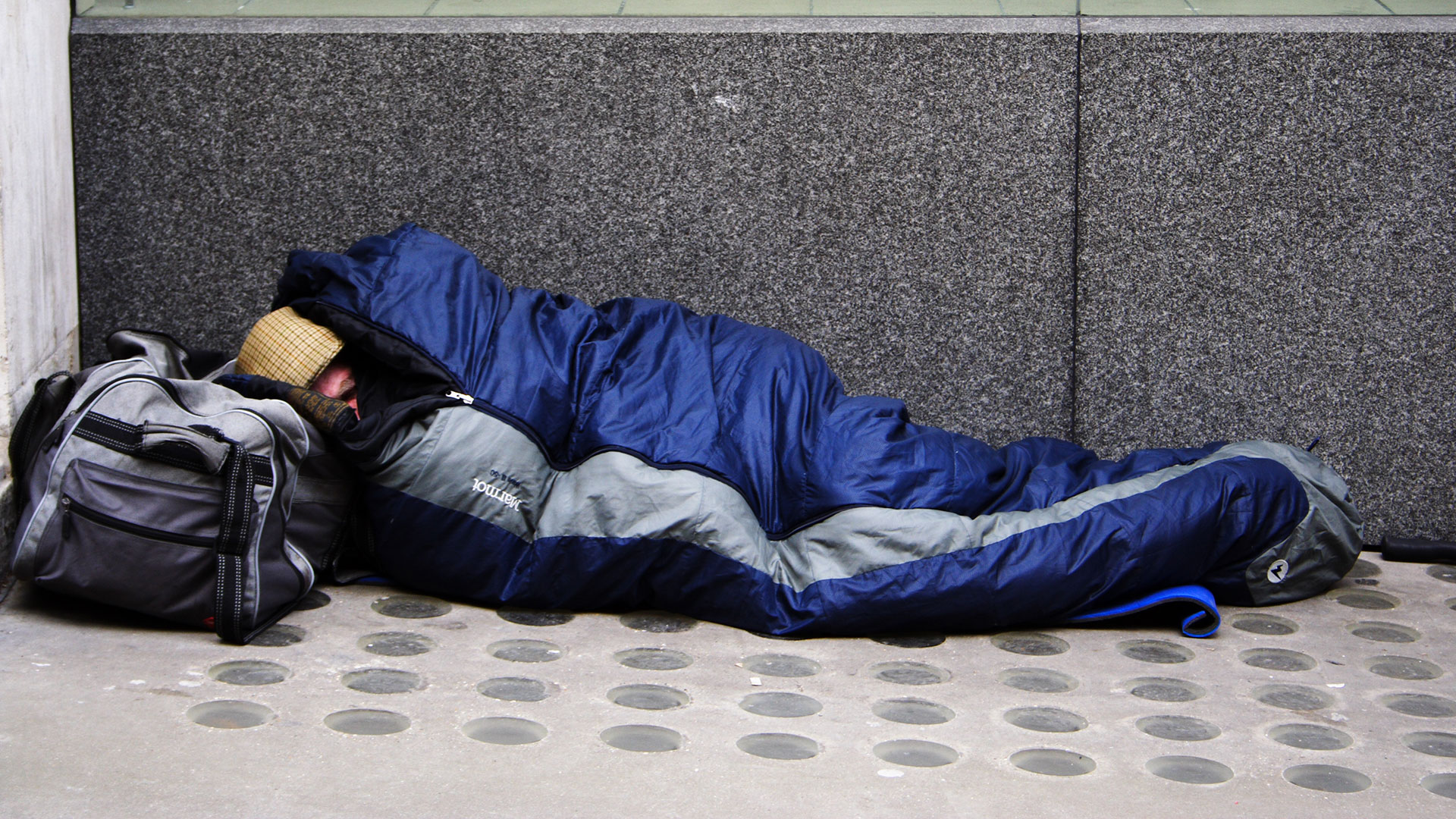Circumstances are also proving particularly difficult for migrant workers, many of whom have no recourse to public funds – a hostile environment policy English councils asked the Government to lift earlier this year.
Homeless workers said they faced discrimination at work causing them to try to hide their circumstances.
https://twitter.com/StMungos/status/1311335216556933120?s=20
One man told researchers:“On site, nobody shows any real emotions, you know. You’re all sat in the canteen, you’re having a laugh and a joke. [But] you could walk out of here and you could be sleeping in the car.
“It’s always very hard to tell because our environment is… you don’t show emotions when you’re talking to your friends or colleagues on site. You don’t give that information away, really.”
The research, conducted by people who had experienced homelessness themselves, showed that the Covid-19 crisis is putting workers at an increased risk of losing their homes and falling into rough sleeping.
Nearly 60 per cent of those surveyed said the pandemic has forced a change in their housing circumstances, while 10 per cent said they were sleeping on the streets or “sofa surfing”.
The large majority said they had lost working hours during the pandemic, meaning that only 40 per cent of people could pay their rent comfortably compared to 78 per cent who could before lockdown.
Advertising helps fund Big Issue’s mission to end poverty
For many, homelessness is a real and immediate threat
St Mungo’s, as well as another 50 organisations, is calling for the temporary rise in Universal Credit to be made permanent. The measure is due to end in April, at which point the UK’s poorest households could see their incomes cut by a crucial £20 a week.
Steve Douglas said the report shows a “harrowing but not surprising” picture of people “hanging on by their fingertips”.
“For these people the system does not work and it is clear, that for many, homelessness is a real and immediate threat,” he said, acknowledging that “employers have recognised some of these issues, which is encouraging.”
“There is an urgent need for more awareness, understanding and action and the Department of Work and Pensions has an important role to play in developing longer term solutions to prevent future homelessness.”
In the report, the researchers recommend the benefit cap is lifted and Local Housing Allowance is increased to cover average rents across the country.
The cost of travel was a common issue facing those surveyed for the study – making it even more important the Government provides flexible travel grants for people on low incomes starting new work, they added.
Advertising helps fund Big Issue’s mission to end poverty
Migrants should be given access to welfare and homelessness support from councils, they said, and the no recourse to public funds policy lifted for at least 12 months, while the Government should invest in homelessness prevention services and specialist employment programmes for homeless people.
Youth homelessness charity Centrepoint said the St Mungo’s study made clear that “having a job is too often not a route towards independence but can instead leave people worse off than if they were not working at all”.
Paul Noblet, the organisation’s head of media and public affairs, said: “Ensuring the benefits system works for those in low paid and zero-hour contracted jobs is central to both preventing homelessness and supporting those currently in homelessness accommodation into independent living.
“With all the indications showing that more and more people will be forced to turn to precarious work to make ends meet it’s vital that the benefits system works for those who need it most.
“Through simple changes such as making permanent the temporary increase in Universal Credit, ensuring local housing allowance rates cover rents, and changing work allowances to ensure that working more hours doesn’t leave you in more debt, ministers can show their support for this vulnerable group.”
The Big Issue is committed to helping protect jobs and keep people in their homes, working alongside Ride Out Recession Alliance partners Centrepoint, Shelter, Nationwide Foundation, Unilever and many more. We need your ideas too. Tell us your experiences, ideas and plans at rora@bigissue.com.
Advertising helps fund Big Issue’s mission to end poverty










